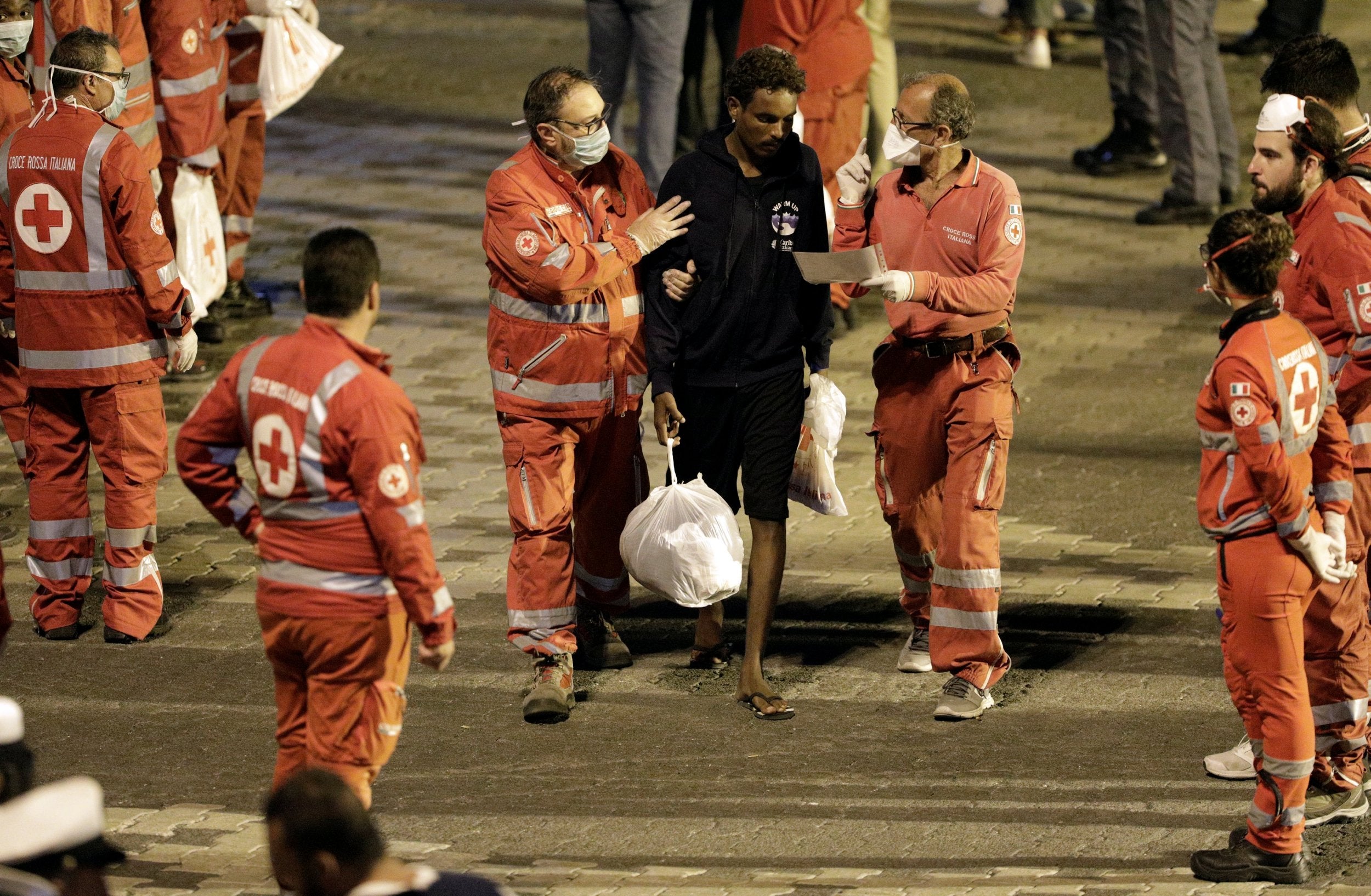UN to investigate treatment of refugees in Italy and Austria after ‘alarming’ anti-migrant violence
High commissioner for human rights singles out Italy for criticism over its decision to close its sea ports

Your support helps us to tell the story
From reproductive rights to climate change to Big Tech, The Independent is on the ground when the story is developing. Whether it's investigating the financials of Elon Musk's pro-Trump PAC or producing our latest documentary, 'The A Word', which shines a light on the American women fighting for reproductive rights, we know how important it is to parse out the facts from the messaging.
At such a critical moment in US history, we need reporters on the ground. Your donation allows us to keep sending journalists to speak to both sides of the story.
The Independent is trusted by Americans across the entire political spectrum. And unlike many other quality news outlets, we choose not to lock Americans out of our reporting and analysis with paywalls. We believe quality journalism should be available to everyone, paid for by those who can afford it.
Your support makes all the difference.The UN has revealed plans to dispatch teams to Italy and Austria to examine the treatment of migrants after an “alarming escalation of attacks” against asylum seekers.
In her first major appearance as UN high commissioner for human rights in Geneva, Michelle Bachelet said she was alarmed by recent anti-migrant violence in Germany and intends to deploy officials to Austria and Italy to look into the protection of migrants in those countries.
Ms Bachelet said her office will assess recent developments in Austria and also go to Italy to “assess the reported sharp increase in acts of violence and racism against migrants, persons of African descent and Roma”. Both governments take a hard line on migration.
While Ms Bachelet was critical of the European Union’s policies on migrants as a whole, she singled out Italy over its decision to close its sea ports, denying entry to NGO rescue ships. She said the move “had serious consequences on the most vulnerable. Even though we are seeing a big drop in the numbers coming from Libya over the past 12 months, the numbers of those who died during the crossing is higher in the first six months of 2018 than it was.”
Her remarks drew an angry response from the Italian interior minister Matteo Salvini, who hit back in a post on Facebook saying she was “biased” and “misinformed”.
Mr Salvini said he resented the insinuation that racism was on the rise in Italy and insisted his country has been largely forced to manage an influx of refugees and migrants to Europe on its own.
“Before carrying out checks on Italy, the UN should investigate its own member states that ignore basic rights such as freedom and parity between men and women,” he wrote.
“Italy in the last years has accepted 700,000 immigrants, many of them clandestine, and has never received the collaboration of other European countries,” he added. “We therefore do not accept lessons from anyone, let alone from the UN”
Austrian Chancellor Sebastian Kurz said that he welcomed Ms Bachelet’s announcement as offering an “opportunity to rectify prejudices and deliberate false information about Austria”.
Mr Kurz said in a statement that “living conditions for migrants” in Austria are among the best in the world and added that Austria had taken in some of the highest numbers of migrants per capita in Europe.
“We hope that, after this examination, the UN will again have time and resources to dedicate to those countries where torture and the death penalty are on the agenda and the freedom of opinion, the press, assembly and religion are trampled on,” Mr Kurz said.
Ms Bachelet also called on the European Union to set up a dedicated search and rescue operation for people crossing the Mediterranean.
Additional reporting from Reuters
Join our commenting forum
Join thought-provoking conversations, follow other Independent readers and see their replies
Comments